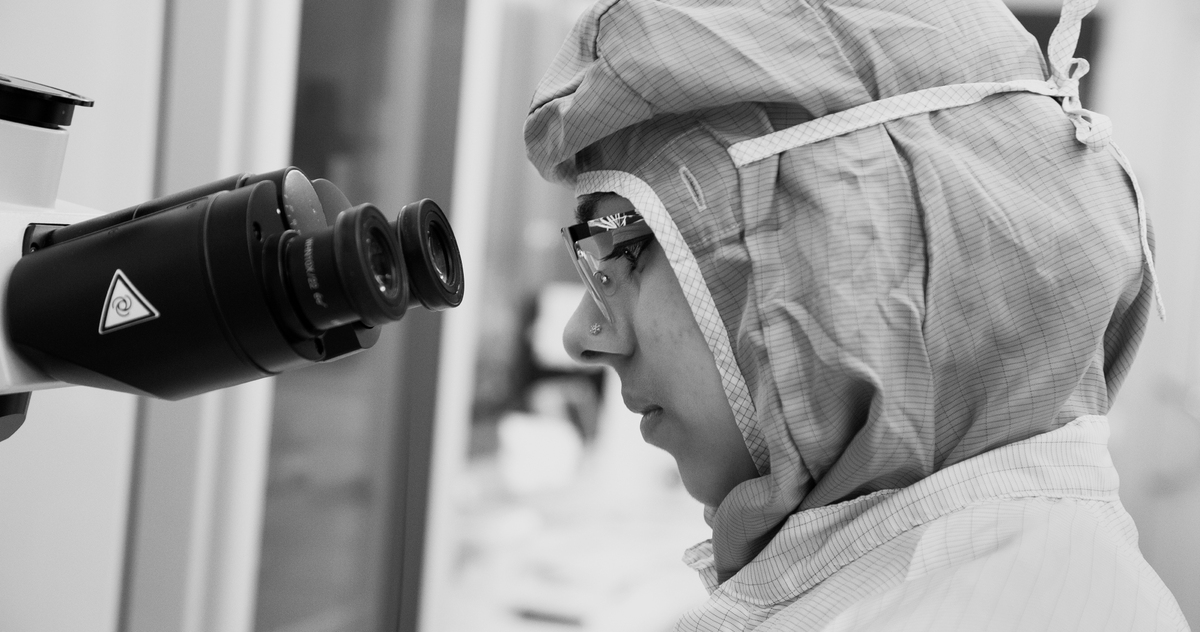Researcher in Biogeochemistry - Hiring in process/Finished, not possible to apply
This advert is not available!
Lunds universitet, Naturvetenskapliga fakulteten, geologiska institutionen
Lund University was founded in 1666 and is repeatedly ranked among the world’s top universities. The University has around 47 000 students and more than 8 800 staff based in Lund, Helsingborg and Malmö. We are united in our efforts to understand, explain and improve our world and the human condition.
Lund University welcomes applicants with diverse backgrounds and experiences. We regard gender equality and diversity as a strength and an asset.
Subject description
It is widely recognized that the expansion of silica biomineralization in the oceans has affected evolutionary competition for dissolved Si (DSi). This resulted in changes in the global biogeochemical cycles of silica, carbon and other nutrients that regulate ocean productivity and ultimately climate. Today, low DSi reflects its efficient uptake by diatoms. However, little is known about how shifting DSi concentrations from biological uptake by different siliceous organisms have changed in the oceans. In addition, the inputs of DSi, especially from weathering and tectonic processes, has varied over time. The major goal of the overall project is to investigate the interactions between biosilicification in organisms and the environment and how these interactions have evolved.
Work duties
- Clean and separate diatoms, radiolarians and sponge spicules from sediment material.
- Prepare and measure Si stable isotopes to determine changes in biosilicification in fossil material.
- Prepare and measure supporting geochemical and geological proxies to determine Si sources and cycling.
Administration related to the work duties listed above.
Qualification requirements
Applicants must have:
- A PhD in the Geosciences.
- Very good oral and written proficiency in English.
- Practical experience in chemically cleaning siliceous microfossils.
- Practical experience in stable isotope geochemistry.
- Practical experience with relevant analytical techniques (quadrpole ICP-MS, multi-collector ICP-MS, scanning electron microscope (SEM), and ion exchange chromatography).
- Expertise in the biogeochemical cycling of Si and C.
- Experience in working with samples from marine sediment archives.
- Knowledge to connect variation in biosilicification in siliceous organisms with the biogeochemical cycle silica in the environment.
Assessment criteria and other qualifications
Consideration will also be given to good collaborative skills, independence, and how the applicant’s experience and skills complement and strengthen ongoing research within the research group.
Terms of employment
Temporary employment from 2022-04-01 to 2024-03-31. The position is 100% of full time. The contact person is Daniel Conley (daniel.conley@geol.lu.se)
Instructions on how to apply
Applications shall be written in English and be compiled into a PDF-file containing:
- CV, including a list of publications.
- A general description of past research including knowledge and experience regarding the requirements for the position (no more than two pages).
- Contact information of at least two references.
- Copy of the doctoral degree certificate, and other certificates/grades that you wish to be considered.
| Type of employment | Temporary position |
|---|---|
| Contract type | Full time |
| First day of employment | 2022-04-01 to 2024-03-31 |
| Salary | Monthly salary |
| Number of positions | 1 |
| Full-time equivalent | 100% |
| City | Lund |
| County | Skåne län |
| Country | Sweden |
| Reference number | PA2021/3724 |
| Contact |
|
| Union representative |
|
| Published | 22.Nov.2021 |
| Last application date | 31.Dec.2021 |

